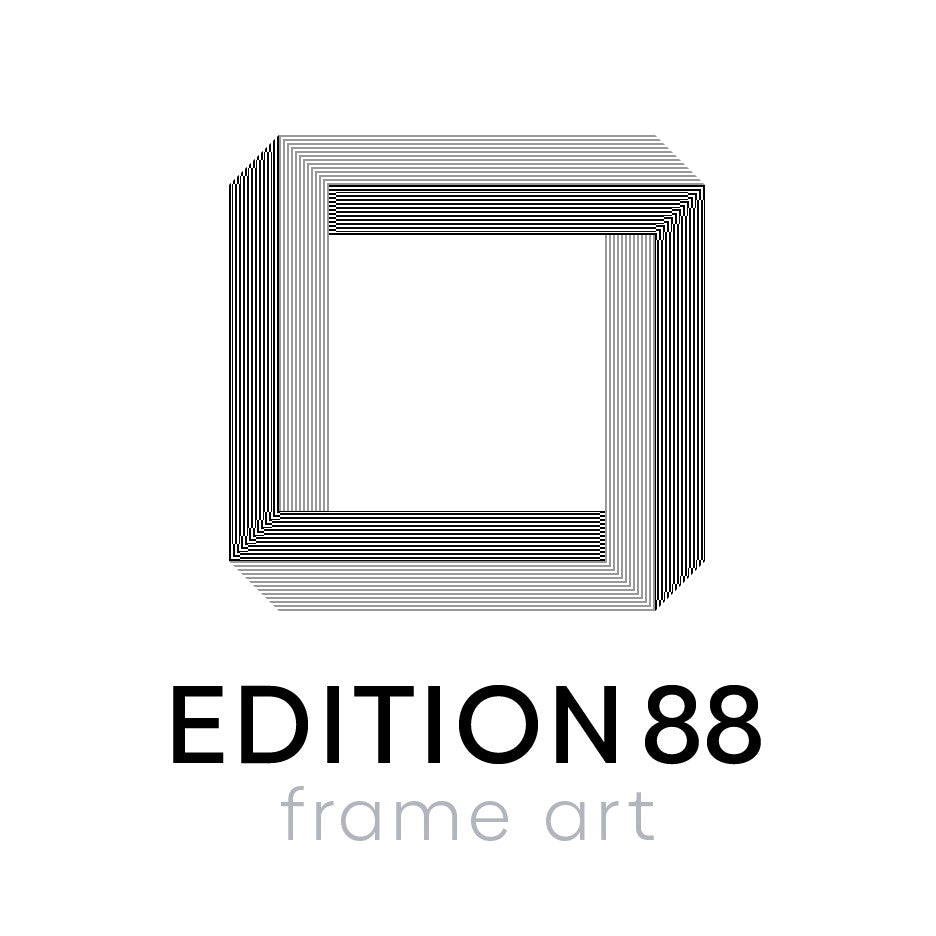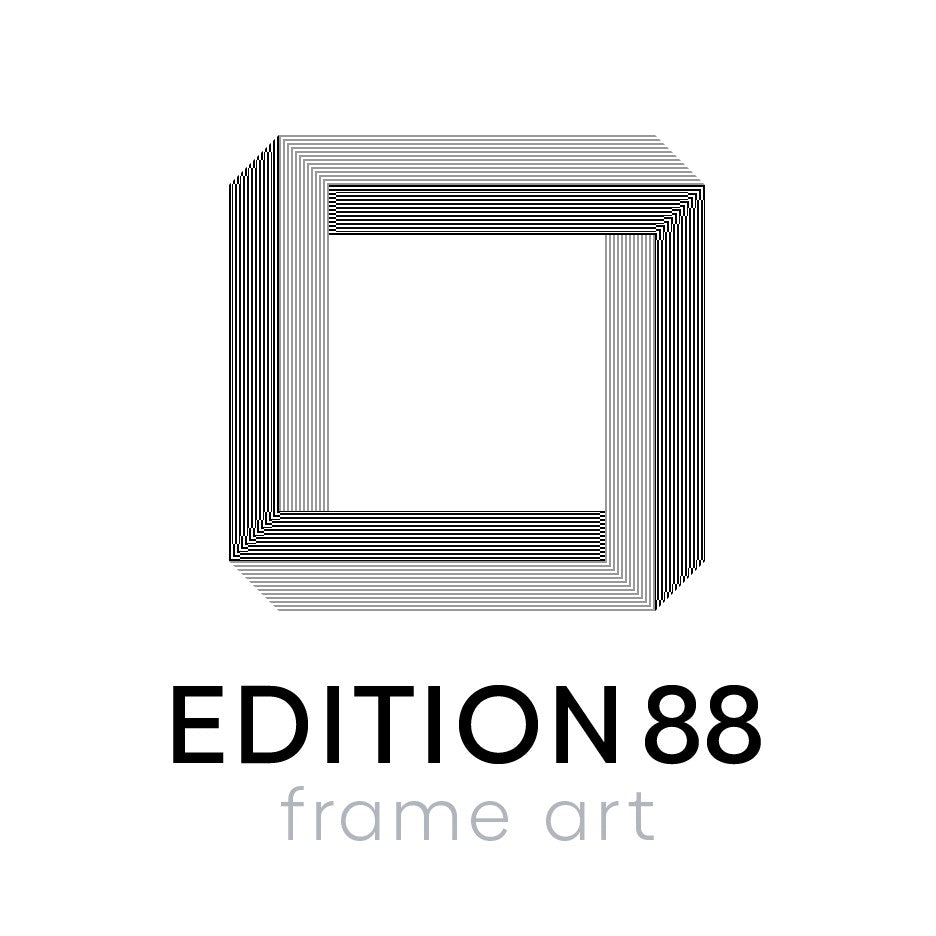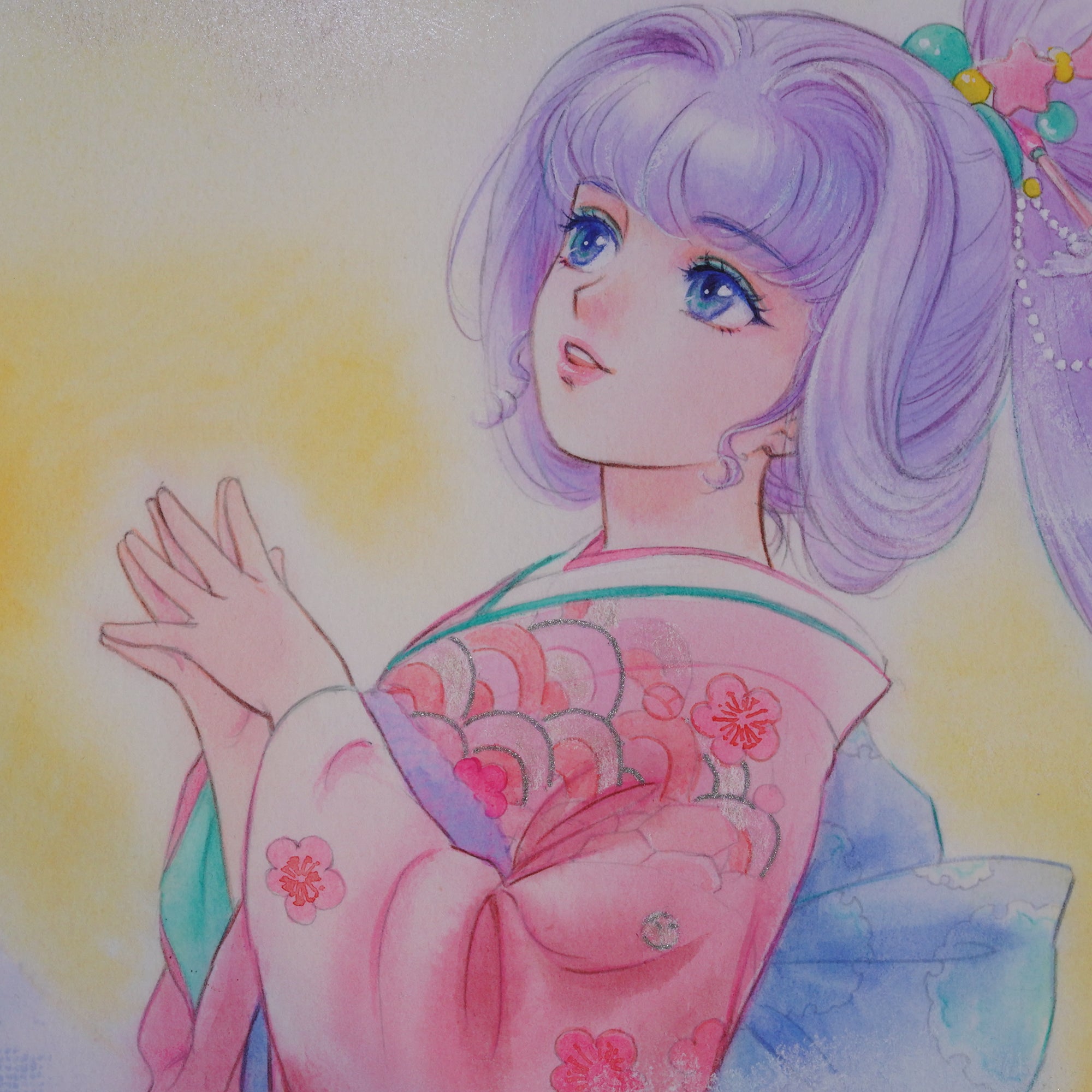
88Graph
88Graph is a method of artistic expression utilizing a mixed printmaking technique originally developed by EDITION88 studio.
88Graph can be applied not only to papers but also to a wide range of materials, including metal, wood, acrylic, ceramics, glass, etc.
The main techniques utilized include giclée, silkscreen, UV printing, foil stamping, embossing, etc., as well as hand painting and hand spraying by EDITION88's artisans, and we pursue highly original expression by combining these multiple techniques.
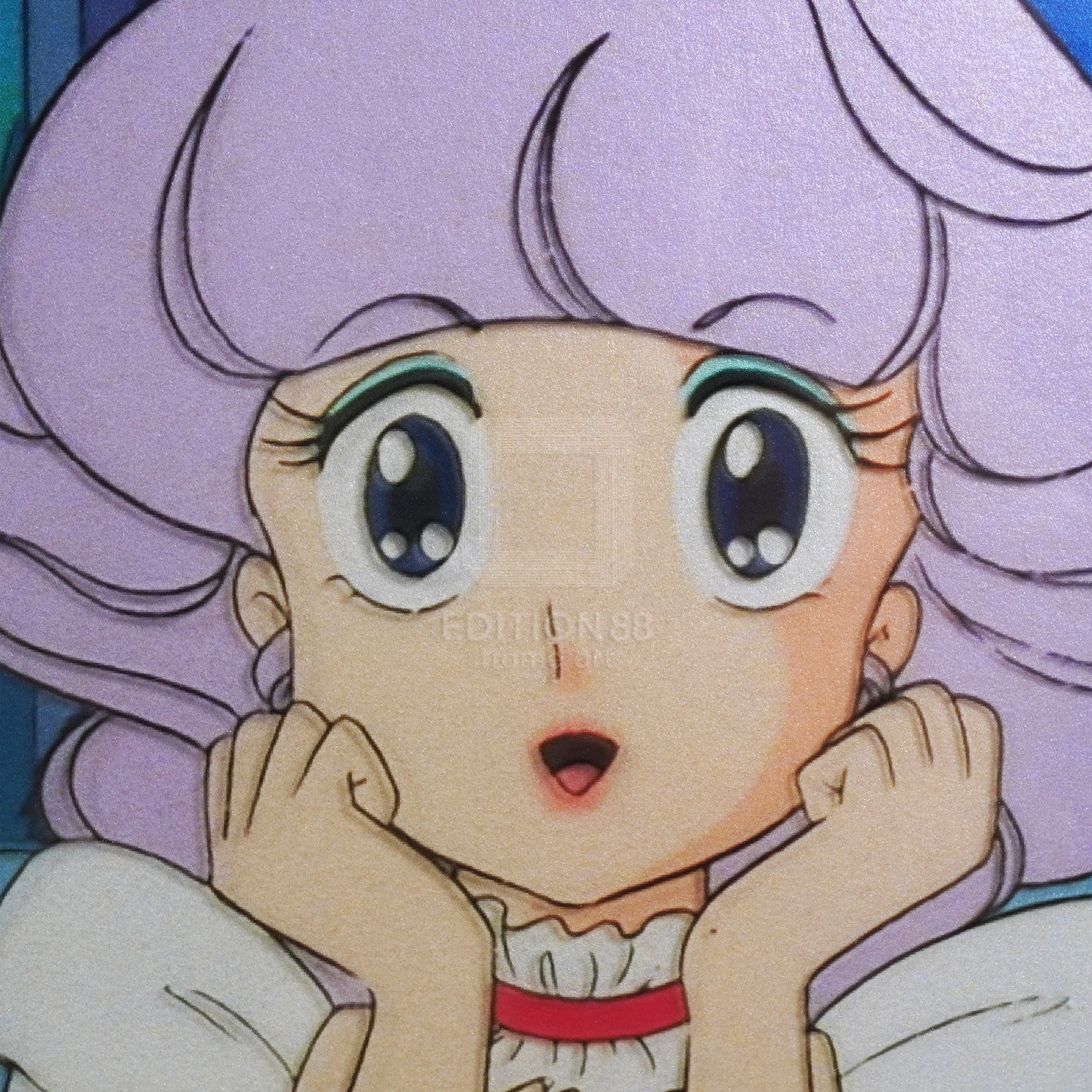
88Filmgraph
Replicating famous scenes from animation and movies with glowing cel animation and movie screen-like images, 88Filmgraph is an art product specializing in film-based expression. The artwork is printed on the reverse side of transparent film using high-quality pigmented ink, ensuring exceptional lightfastness. By layering fine paper and cloth with a distinctive luster beneath the film, a dual-layered structure is created, replicating the transparency, depth, and vividness typically seen on a monitor or screen.
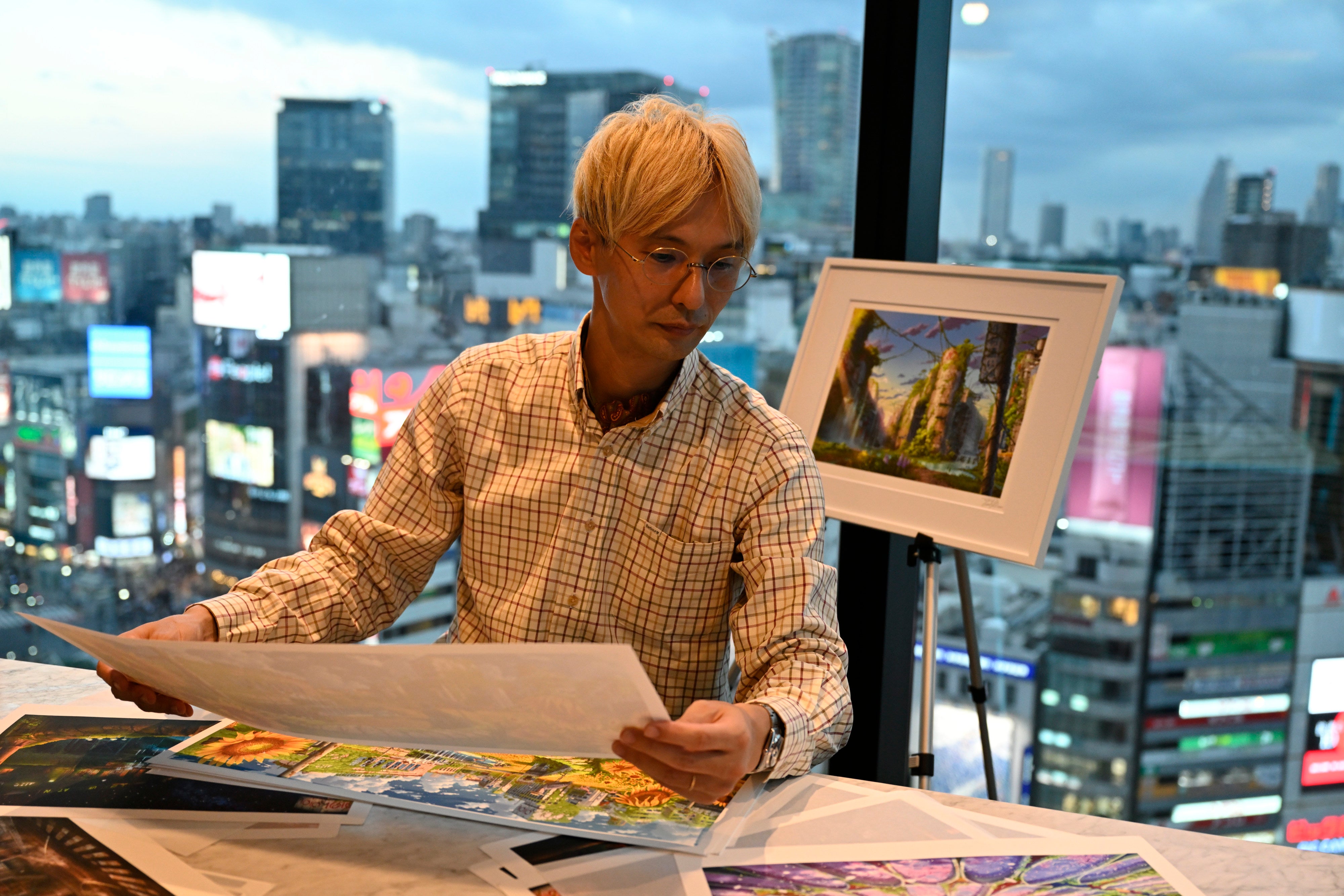
COLLABORATION WITH ARTISTS
Our job at EDITION88 studio is to replicate the art and design created by artists in a way that is full of originality and expression, utilizing the 88Graph technique originally developed by us.
We discuss with artists extensively to fully understand what they wanted to explore and express through their creations and reflect their intent into the expression of 88Graph. We also talk about details, such as the texture of papers, delicate lines drawn by subtle ink, and so on. The process of discussions and numerous modifications to bring 88Graph products closer to the artist’s vision is truly a collaborative effort.
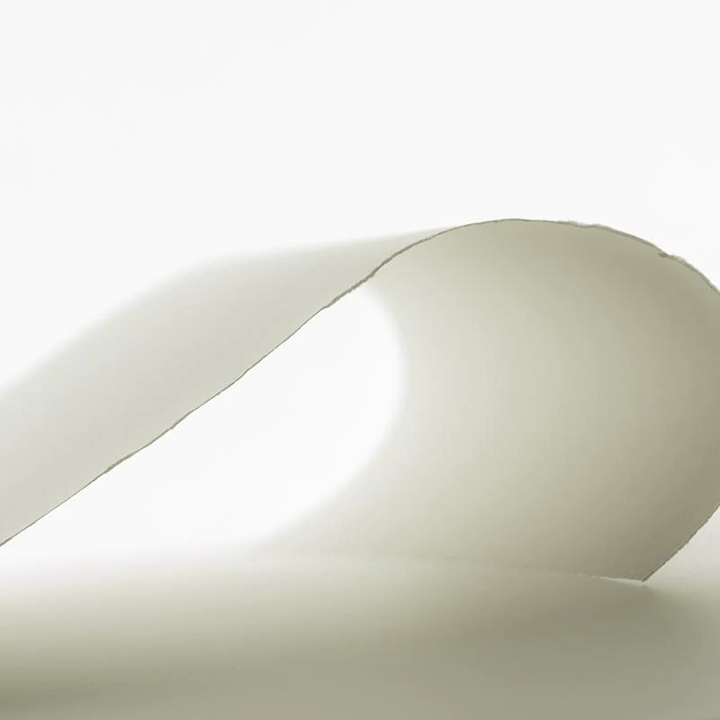
PAPER FOR ART PRINTS
To create prints that satisfy the original artist, the paper that the art print is printed on needs to meet many conditions, such as the matière of the surface, wear resistance to printing pressure, fibers that hold up even when submerged in water, and ink
compatibility. Below are some of the papers we often use.
・Bamboo-based Japanese Paper (washi)
Papermaking or washi making is a long-established, traditional technology in Japan. As such, we work with a highly qualified hand-made washi studio in Tokushima prefecture to prepare a unique bamboo-based paper just for us. Bamboo-based washi is soft and finely textured, similar to silk, and allows for intricate printed designs.
・Kakita, an Acid-free Paper
The Kakita brand is named after the Kakita River that runs near its factory. Only neutral agents are used in the development of acid-free print paper; the paper is highly light-resistant, allowing the work to be exhibited or stored for an extended time without being affected.
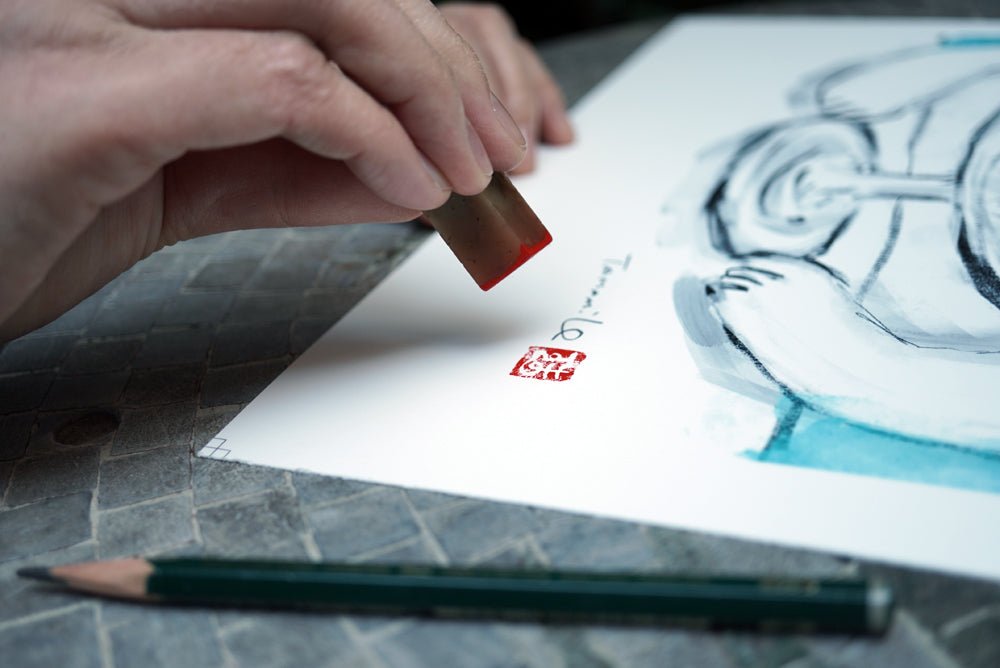
88Graph (premium edition)
SIGNED BY HAND OR STAMPED WITH THE ARTIST’S SEAL
88Graph (premium edition) are either signed by the artist or have their seal.
88Graph is created as a joint effort by the artist and EDITION88 studio. The signature or seal captures our cooperative relationship.
*Please note that 88 Graph (standard edition) are not signed by the artist.
We carefully check the finished 88Graph together with the artist; once the artist is fully satisfied with the finished piece, they sign by hand or apply their seal on each approved piece.
Of note, in Japan, seal impressions are deemed to have the same authority as signatures. Japanese drawings or calligraphy pieces often carry the artist’s seal as proof that the artist created the work. Even today, official documents such as contracts are often “sealed” instead of signed.
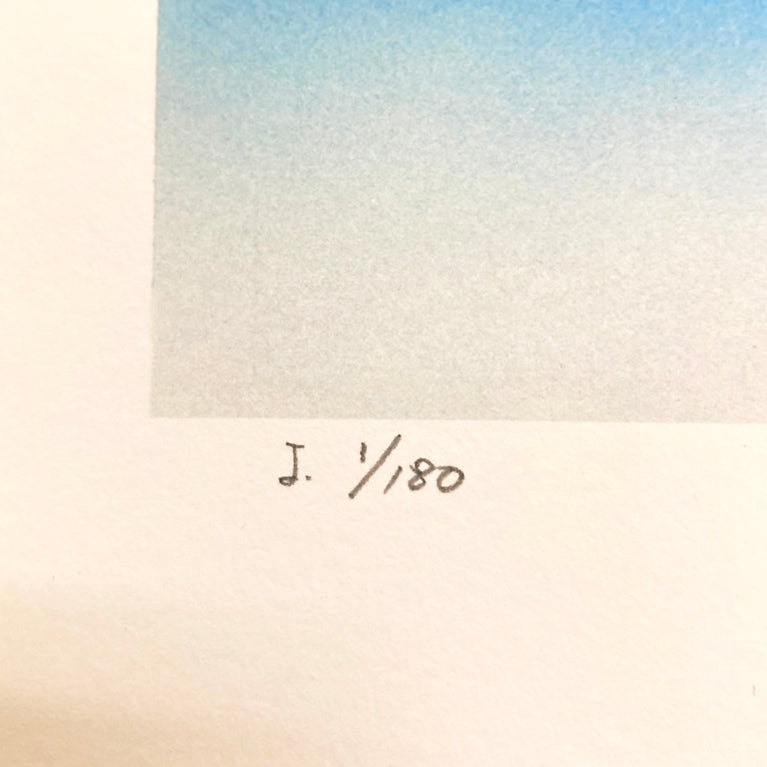
88Graph (premium edition)
edition number
An edition number is proof of authenticity and verification of its rarity.
If the number on a product says 8/100, it means only 100 pieces were made. The number before the slash is the number assigned sequentially to each product, meaning that there is only one 8/100 product in the world.
*88Graph (standard edition) will not have an edition number.
